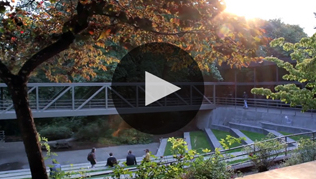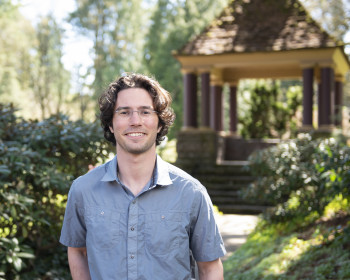Robert Klonoff: The Class Action Settlement of the British Petroleum-Deepwater Horizon Oil Spill
Dean Klonoff of the Lewis & Clark Law School delivers his speech at the Realizing the Goal of Water for Life: Lessons from Around the World conference at NLU Delhi, India.
Open gallery

Dean Klonoff of the Lewis & Clark Law School delivers his speech at the Realizing the Goal of Water for Life: Lessons from Around the World conference at NLU Delhi, India.
Robert Klonoff has served as the dean of the Lewis & Clark Law School since 2007. Klonoff received his undergraduate degree from U.C. Berkeley and his JD degree from Yale Law School. His legal experience includes clerking for Chief Judge John R. Brown of the United States Court of Appeals for the Fifth Circuit, working in the U.S. Department of Justice (as an Assistant United States Attorney and as an Assistant to the Solicitor General of the United States), and serving as a partner at the international law firm of Jones Day. He is the author or co-author of several books and numerous scholarly articles on class actions, appellate litigation, and trial advocacy, including the first casebook on class actions (originally published in 1998 and now in its third edition). As a private attorney, Dean Klonoff has handled more than 100 class actions. He has also served as an expert witness in numerous class actions, including the recent British Petroleum oil spill class settlement. He has argued eight cases before the United States Supreme Court, as well as numerous cases in other appellate courts throughout the country. He has taught law at Georgetown, the University of San Diego, and the University of Missouri-Kansas City.
Dean Klonoff is a member of the American Law Institute and the American Bar Foundation, and a Fellow in the American Academy of Appellate Lawyers. He served as Associate Reporter for the American Law Institute’s project, Principles of the Law of Aggregate Litigation. In September 2011, Chief Justice John G. Roberts, Jr., appointed Dean Klonoff to serve a three-year term as the academic member of the U.S. Judicial Conference Advisory Committee on Civil Rules.
More Newsroom Stories
Public Relations is located in McAfee on the Undergraduate Campus.
MSC: 19
email public@lclark.edu
voice 503-768-7970
Public Relations
Lewis & Clark
615 S. Palatine Hill Road MSC 19
Portland OR 97219

